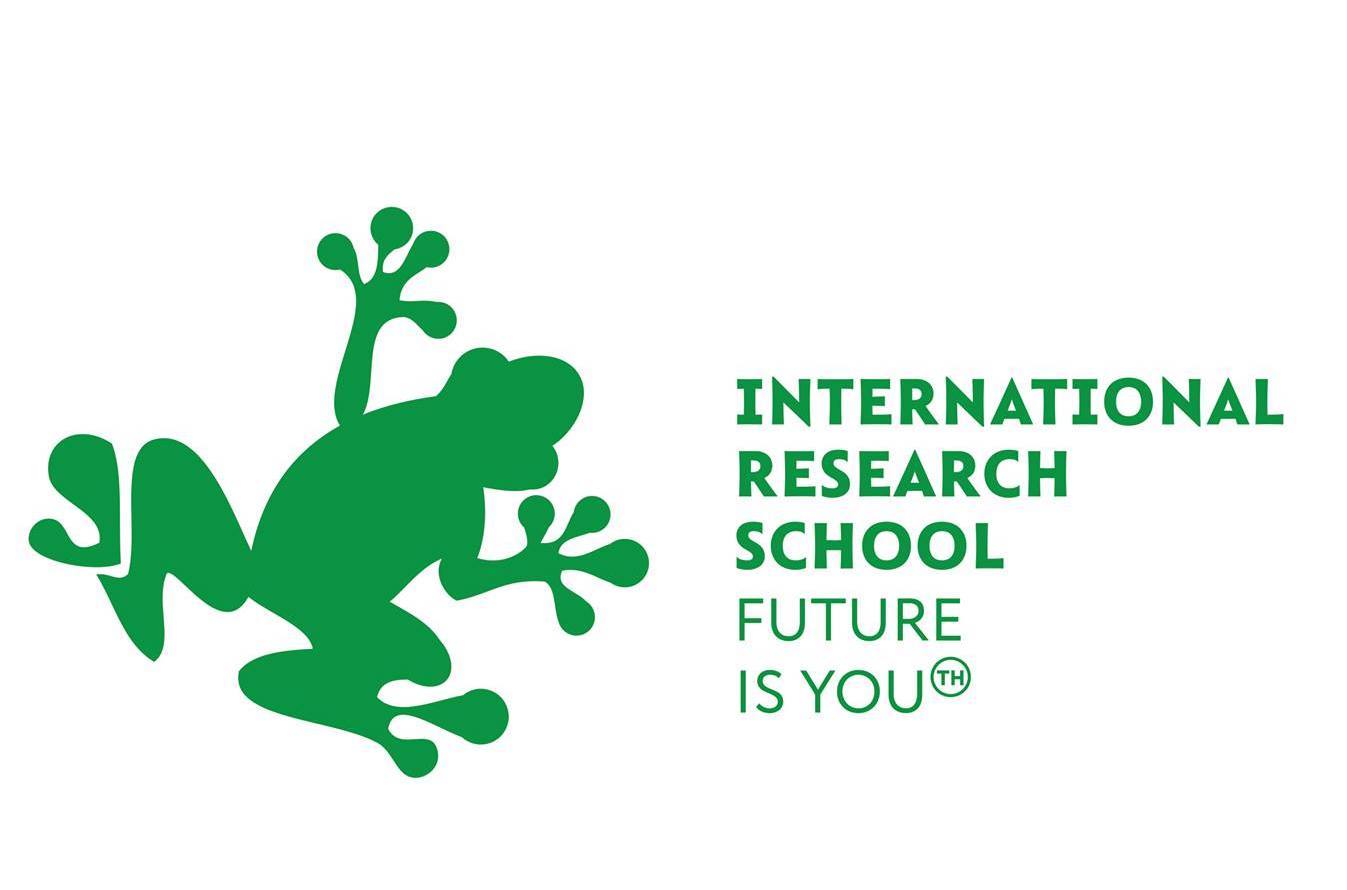14th INTERNATIONAL RESEARCH SCHOOL
Paleozoogeography of the cave lion in Yakutia
Paleontology
The Republic of Sakha (Yakutia) has long been known for the amazing finds of extinct animals of the last global glaciation era. Unique remains of both herbivorous (mammoths, rhinoceroses, bison, horses) and predatory (wolves, wolverines, bears and cave lions) mammals have survived here due to special geological and climatic conditions, as well as the ubiquitous development of permafrost.

Model of a cave lion ( P. A. Lazarev Museum of the mammoth, Yakutsk)
Currently, Yakutia has many locations with fossil remains of cave lion teeth, skulls and bones, including the world's only frozen carcasses of cave lion cubs.

Studying osteological material
This project will investigate the paleozoogeography of the cave lion in Yakutia to clarify its evolutionary development, periods of maximum distribution, paleoecology, causes of extinction and stratigraphic significance.
The choice of this project will allow you to gain skills in constructing paleozoogeographic maps on the basis of paleontological data and to reconstruct environmental conditions at different geological epochs of the Earth's development.
The choice of this project will allow you to gain skills in constructing paleozoogeographic maps on the basis of paleontological data and to reconstruct environmental conditions at different geological epochs of the Earth's development.

The original and 3D copies of cave lion skulls
The project plans to organise fieldwork where you will learn the techniques of investigating fossil animal localities and play the role of a real palaeontologist.
And most importantly, you will get acquainted with the amazing world of Yakut geography and unique fossil animal finds from the Ice Age, including interesting paleontological and archaeological sites.
Participation requirements:
- exerience in working with a geographic and contour map (desirable)
- exerience in making electronic presentations
- good physical endurance (the project involves field work)
And most importantly, you will get acquainted with the amazing world of Yakut geography and unique fossil animal finds from the Ice Age, including interesting paleontological and archaeological sites.
Participation requirements:
- exerience in working with a geographic and contour map (desirable)
- exerience in making electronic presentations
- good physical endurance (the project involves field work)
Tutor

Konstantin Protodiakonov
Khanty-Mansiysk, Russia
Khanty-Mansiysk, Russia
Konstantin is a palaeontologist and head of the palaeontology department of the Museum of Nature and Man (Khanty-Mansiysk). He is a holder of RJE 3 grants from the University of Hokkaido (Japan) and Erasmus + from the University of Lille (France), as well as a winner of republican, all-Russian and international scientific contests...plus the science stand-up competition 'Science Slam' in Tomsk, Russia.
Konstantin took part in numerous paleontological expeditions in Siberia and the Arctic, and led the international student paleontological expedition "Bilim". He also created school training programs in the field of paleontology ("Mammoth fauna of Yakutia" and "Fundamentals of paleontology") and organized and managed summer environmental camps (" Lighthouse", "Pole of Cold" and "Trilobite").
As an museum employee, he has organized a number of organizes and curates museum exhibitions, including: "Quartz: many-sided and necessary", "Ammonites: fossil submarines", "All about the tusk", "Pathologies of the past", "Paleontological square", "From the biosphere to the lithosphere " and more.
The field of Konstantin's scientific interests is large mammals of the Quaternary period: evolutionary development, paleoecology, paleozoogeography and biostratigraphy.
Konstantin participated in IRS 2017 as a tutor of the paleontology project.
Konstantin took part in numerous paleontological expeditions in Siberia and the Arctic, and led the international student paleontological expedition "Bilim". He also created school training programs in the field of paleontology ("Mammoth fauna of Yakutia" and "Fundamentals of paleontology") and organized and managed summer environmental camps (" Lighthouse", "Pole of Cold" and "Trilobite").
As an museum employee, he has organized a number of organizes and curates museum exhibitions, including: "Quartz: many-sided and necessary", "Ammonites: fossil submarines", "All about the tusk", "Pathologies of the past", "Paleontological square", "From the biosphere to the lithosphere " and more.
The field of Konstantin's scientific interests is large mammals of the Quaternary period: evolutionary development, paleoecology, paleozoogeography and biostratigraphy.
Konstantin participated in IRS 2017 as a tutor of the paleontology project.

Olof Olsson
Fujairah City, UAE
Fujairah City, UAE
Dr. Olof Olsson was born in rural California, where he was raised amongst nature on the family's multi-generational organic farm. The Olson family originated in Dalarna, Sweden and have continued a long tradition of agriculture, innovation, invention and entrepreneurship throughout the years.
Olof pursued degrees in biology a masters in Applied Biotechnology and completed his PhD from the University of Lund. Dr. Olof's doctoral work was predominately related to cancer and the extracellular environment, working in the departments of Laboratory Medicine and Experimental Medical Science.
A passion for endangered and extinct animals and the technologies to revive them, he then pursued these interests in Korea where he worked in establishing techniques and innovations in advanced reproductive technologies. From Korea, maintaining interest in the restoration of extinct and endangered species, he assisted in the development of the UAE Biotech Research Center where reproductive technologies continue to be developed and applied.
Presently Dr. Olsson is working as the director of the Fujairah Genetics Institute, one of the aims of which is to biobank endangered and valuable genetic resources.
Since childhood Olof had a fascination with megafauna, especially extinct species. He says that the permafrost of Yakutia presents a unique opportunity to glimpse well-preserved remains of some of these amazing ancient creatures and the hope of finding material from which we might one day resurrect these animals is a continual attraction and keeps the interest invigorated with each new discovery.
Olof pursued degrees in biology a masters in Applied Biotechnology and completed his PhD from the University of Lund. Dr. Olof's doctoral work was predominately related to cancer and the extracellular environment, working in the departments of Laboratory Medicine and Experimental Medical Science.
A passion for endangered and extinct animals and the technologies to revive them, he then pursued these interests in Korea where he worked in establishing techniques and innovations in advanced reproductive technologies. From Korea, maintaining interest in the restoration of extinct and endangered species, he assisted in the development of the UAE Biotech Research Center where reproductive technologies continue to be developed and applied.
Presently Dr. Olsson is working as the director of the Fujairah Genetics Institute, one of the aims of which is to biobank endangered and valuable genetic resources.
Since childhood Olof had a fascination with megafauna, especially extinct species. He says that the permafrost of Yakutia presents a unique opportunity to glimpse well-preserved remains of some of these amazing ancient creatures and the hope of finding material from which we might one day resurrect these animals is a continual attraction and keeps the interest invigorated with each new discovery.


